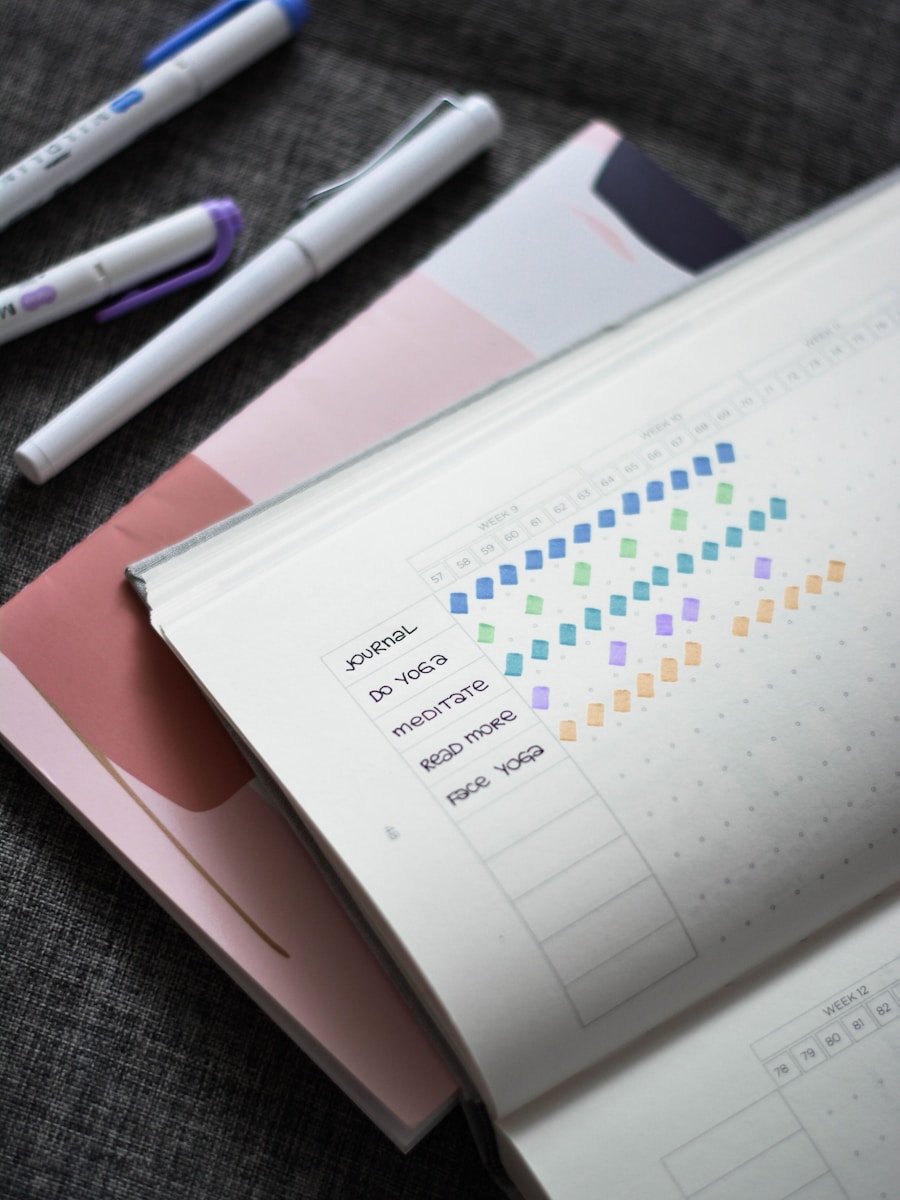Introduction
Setting healthy boundaries has become increasingly important. Without boundaries, we risk burnout, stress, and a lack of balance in our lives. According to a survey by the American Psychological Association, over 60% of Americans report feeling overwhelmed by work-related stress.
This blog article will explore the concept of healthy boundaries and provide practical strategies for establishing and maintaining them, leading to personal and professional growth.
Understanding the Importance of Boundaries
Boundaries are the limits we set for ourselves and others to protect our physical, emotional, and mental well-being. They define what we are willing to accept or tolerate in our personal and professional relationships. Without healthy boundaries, we may find ourselves overcommitted, overwhelmed, and resentful.
Setting boundaries is not about being selfish or pushing others away; it’s about prioritizing self-care and creating a balanced life. As Dr. Brené Brown, a renowned research professor and author, states, “Daring to set boundaries is about having the courage to love ourselves, even when we risk disappointing others.”
Different Types of Boundaries
There are several types of boundaries that we should consider:
- Physical Boundaries: These involve personal space, privacy, and physical touch.
- Emotional Boundaries: These relate to our feelings, vulnerability, and emotional needs.
- Mental Boundaries: These boundaries protect our thoughts, beliefs, and values.
- Time Boundaries: These determine how we allocate our time and energy.
- Material Boundaries: These involve our possessions, money, and personal belongings.
Each type of boundary is important, and we should strive to establish and maintain them in a healthy and balanced manner.
Benefits of Setting Healthy Boundaries
Establishing and maintaining healthy boundaries can have numerous benefits for our personal and professional lives:
- Increased Self-Respect: By setting boundaries, we demonstrate self-respect and communicate our worth to others.
- Improved Relationships: Healthy boundaries create clear expectations and prevent misunderstandings, leading to stronger and more fulfilling relationships.
- Better Time Management: Time boundaries help us prioritize tasks and activities, reducing overwhelm and increasing productivity.
- Enhanced Self-Care: Setting boundaries allows us to make time for self-care activities, promoting overall well-being.
- Increased Confidence: Enforcing boundaries requires assertiveness, which can boost our confidence and sense of control.
How to Establish Boundaries
Setting boundaries can be challenging, especially if it’s something new to you. Here are some steps to help you get started:
- Identify Your Needs: Reflect on your values, goals, and what’s important to you. This will help you determine where you need to set boundaries.
- Start Small: Begin by setting boundaries in one area of your life, such as work or personal relationships. As you gain confidence, you can expand to other areas.
- Communicate Clearly: Express your boundaries clearly and respectfully to those around you. Explain why they are important and how they will benefit your relationship.
- Be Consistent: Consistently enforce your boundaries, even when it’s difficult. Inconsistency can undermine your efforts and confuse others.
- Seek Support: Enlist the help of trusted friends, family members, or a therapist to hold you accountable and provide encouragement.

Maintaining Boundaries with Consistency
Setting boundaries is just the first step; maintaining them consistently is crucial for long-term success. Here are some strategies to help you stay on track:
- Practice Self-Awareness: Regularly check in with yourself to ensure you’re respecting your boundaries and not compromising them for the sake of others.
- Learn to Say No: It’s okay to decline requests or invitations that violate your boundaries. A polite but firm “no” can be empowering.
- Prioritize Self-Care: Make time for activities that nourish your mind, body, and soul. This will help you recharge and stay committed to your boundaries.
- Seek Support: Surround yourself with people who respect your boundaries and encourage your personal growth.
Additional Resources and Further Reading
To deepen your understanding of setting healthy boundaries, here are some recommended resources:
- “Set Boundaries, Find Peace” by Nedra Glover Tawwab
- “The Importance of Setting Boundaries” (article by Psychology Today)
- Boundary-Setting Resources (website)
Questions and Answers
Q: What if someone gets upset or offended when I set boundaries?
A: It’s important to remember that setting boundaries is about prioritizing your own well-being, not trying to control or change others. If someone reacts negatively, remain respectful and firm in your boundaries. Their reaction is a reflection of their own issues, not a reason to abandon your boundaries.
Practical Tips and Actionable Advice
-
Identify Your Non-Negotiables
Determine the boundaries that are absolutely essential for your well-being and cannot be compromised.
-
Use “I” Statements
When communicating your boundaries, use “I” statements to avoid sounding accusatory or blaming. For example, “I need some personal time” rather than “You’re always interrupting me.”
-
Be Proactive, Not Reactive
Set boundaries before a situation becomes overwhelming or stressful. Being proactive allows you to approach the conversation from a calmer state of mind.
-
Celebrate Small Wins
Setting and maintaining boundaries can be challenging, so celebrate your small victories along the way. This will motivate you to continue making progress.
Conclusion
Setting healthy boundaries is a crucial step towards personal and professional growth. It allows us to prioritize our needs, protect our well-being, and cultivate healthier relationships. While establishing boundaries may be challenging at first, the benefits are numerous and long-lasting.
Remember, boundaries are not barriers; they are guidelines that help us live more authentic and fulfilling lives. Embrace the power of setting boundaries, and watch as your relationships, productivity, and overall well-being flourish.
Take the first step today by identifying the areas where you need to set boundaries and start implementing the strategies outlined in this article. Your journey towards progress and personal growth begins with setting healthy boundaries.







